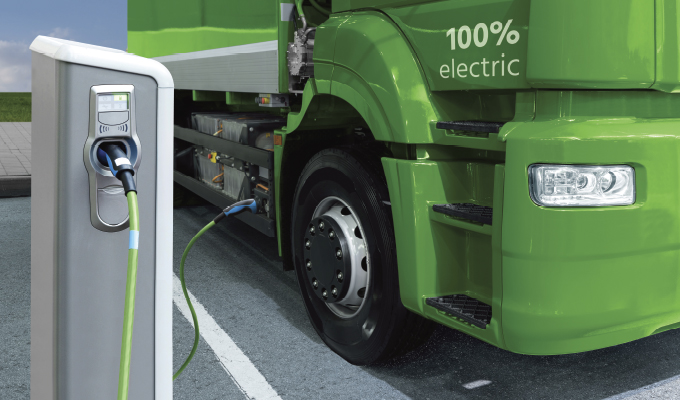We all know the switch to electric is important in the transportation industry. While there remains challenges, the uptake of electric cars is definitely on the up. But what about other vehicles, such as electric trucks? Are we likely to see more of those on our roads? We take a closer look.
IMPORTANCE OF EVs
Over the last few years, there has been a growing push to move away from fuel-powered engines and toward electric ones across the transportation industry. And there are good reasons for this shift. Electric engines are much more efficient than their fuel-powered counterparts, meaning they use less energy to run. This not only helps to reduce emissions—an important consideration in today’s climate-conscious world—but it also saves on operating costs.
Electric engines also tend to be quieter than fuel-powered engines, making them better suited for use in urban areas. And as battery technology continues to improve, electric engines are only going to become more practical and affordable. These aspects paint a positive picture for the switch to electric vehicles as opposed to internal combustion engines (ICE) for the transportation industry—not just for cars, but for trucks, buses, and other large vehicles too. But although the idea sounds great, it doesn’t come without its challenges.
EV CHALLENGES
Truck drivers play a vital role in our economy, transporting goods all across the country. If all of them drove electric vehicles, the impact could be huge. But there are some challenges:
- The availability of electric trucks.
When DHL decided in 2013 that it wanted to upgrade its fleet to electric powertrains, it couldn’t find a suitable vehicle or an original equipment manufacturer willing to develop one. The company ended up investing in a start-up that designed one specifically for DHL. While times have changed slightly and more electric trucks are available, there are still far fewer options than in the consumer car market. - The cost. The affordability of these vehicles is also still an issue.
Once e-trucks have a lower total cost of ownership, it’s predicted that many commercially driven business owners will switch their fleets to electric. In fact, research conducted by McKinsey & Company suggests electric trucks could account for 15% of global truck sales by 2030. But for now, the upfront cost of electric vehicles in the commercial space is a problem. - The range of batteries. Electric trucks tend to have a shorter range than traditional trucks, which could limit the distance a driver travels. However, technology is constantly improving and ranges are on the up. The improvements will always benefit light-duty trucks more where battery capacity and daily range requirements may match. For freight operators with variable routes and mileage, it’s a tougher challenge.
- Access to charging stations. Suitable charging facilities need to be commonplace. Distribution centers should invest in charging infrastructure, and governments and private entities should also invest in charging infrastructure along all main highways allowing easy recharging along popular routes. Not only do truck drivers need access to charging stations, they need to “refuel” quickly; therefore, ultrafast chargers will be in high demand.
CLIMATE SOLUTION
Despite the challenges, electric trucks may go mainstream sooner than you think. The environmental pressures faced by the whole transport industry are tough. There is already an increasing demand for anyone involved to reduce the impact their business has on the climate—and electric trucks are part of the solution. As the price of electric vehicles goes down, along with improvements to range and charging facilities, electric fleet vehicles could be much more attainable.
After all, it’s a commercial decision, too. As investment in the renewable energy sector continues to bring down the cost of generating electricity, running costs are likely to reduce—and when you apply that across a whole fleet of vehicles, the cost savings are huge.
ABOUT THE AUTHOR
Ross Davies has always been interested in sustainability and how it can offer commercial value. A fleet manager with over 15 years of experience, Davies is keen to share his knowledge and help businesses reduce their environmental impact. Davies has a proven track record of reducing fuel consumption and CO2 emissions in fleets. He is always looking for new ways to make his operations more sustainable. Davies firmly believes that sustainability can be a key driver of success for any business, and he is excited to see what the future holds.




